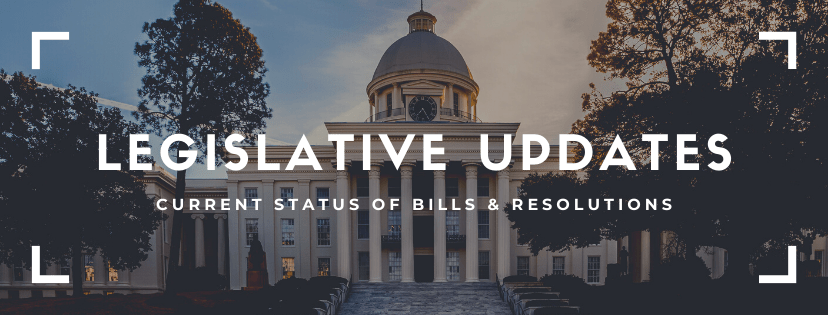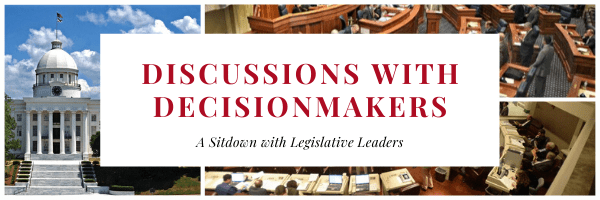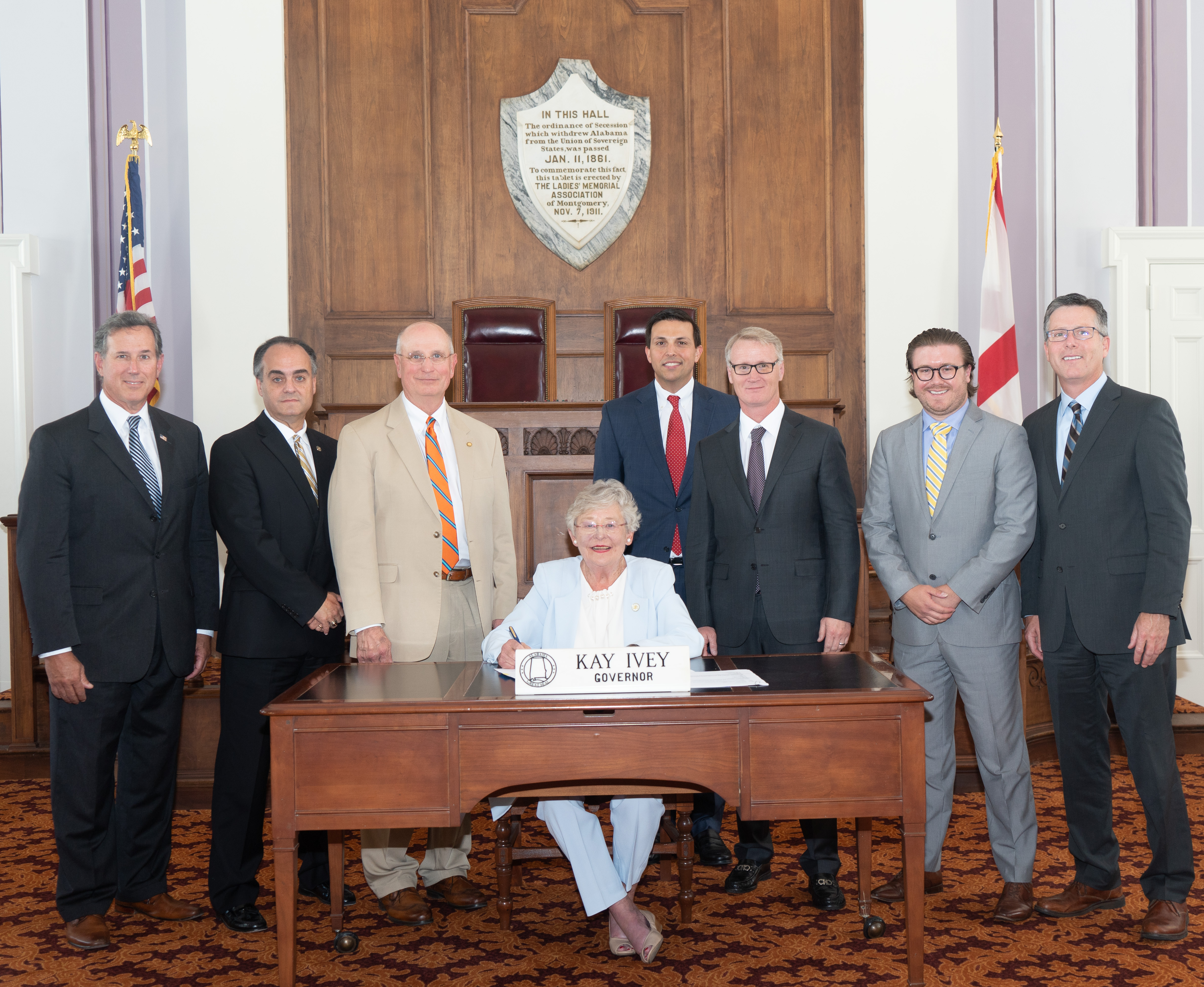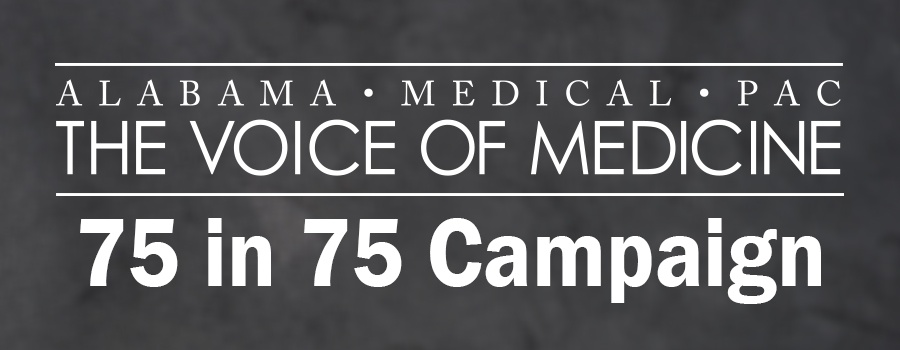Tag: legislature
-

2021 Legislative Session
Scope of Practice ATHLETIC TRAINERS: This bill (SB73) provides for the licensing and regulation of athletic trainers relationship with a supervising physician, creates a joint committee of the two state boards, and expands the ability of athletic trainers to treat injuries sustained by physically active individuals. The Association worked with the ATs prior to the…
-

Discussions with Decisionmakers: Senator Dan Roberts
1. Please tell us a little bit about yourself – Primary occupation? Interests? Hobbies? Growing up, my family moved around a good bit, and we lived as far north as Buffalo, New York, and as far south as Mobile, Alabama. That said, I finished high school in Birmingham and went on to Auburn University where…
-

Gov. Ivey Hosts Bill Signing Ceremony for MAT Act
Wednesday, Gov. Kay Ivey hosted a formal bill signing ceremony at the Alabama Capitol for this year’s Medication Assisted Treatment Act (“MAT Act”). Flanked by an array of both state and national leaders, the signing of this legislation represents another step Alabama is taking to combat the drug abuse epidemic and help those struggling with…
-

ALAPAC Launches $75K in 75 Days Campaign
Earlier this month, ALAPAC kicked off its year-end fundraising campaign and is seeking to raise $75,000 in 75 days. As the official political action committee of Alabama physicians, ALAPAC provides financial and technical support to candidates medicine can work with on the myriad of health care issues affecting our state. It may not be a…